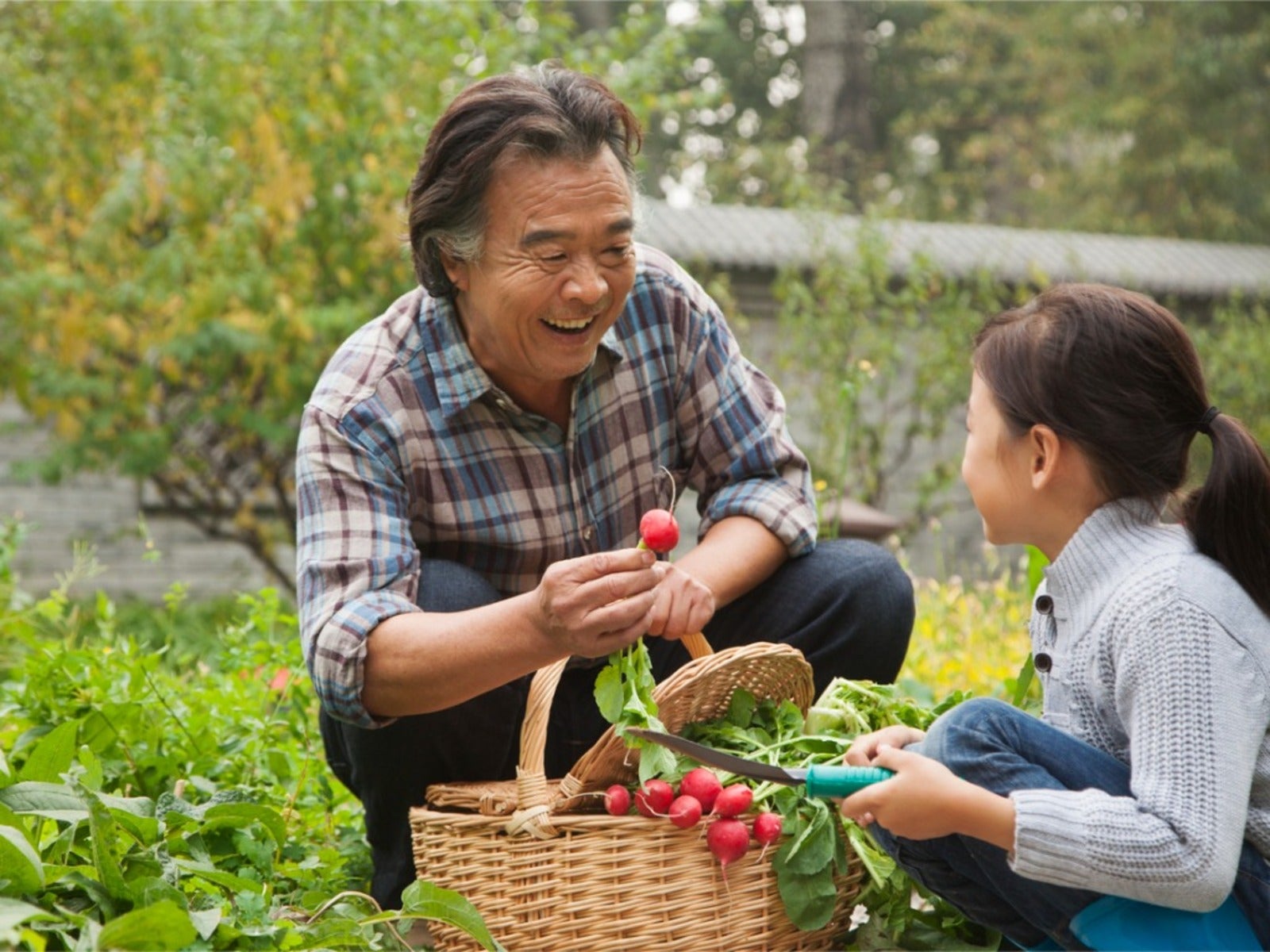Intergenerational Gardening: Good For Gardeners Of All Ages


Intergenerational gardening lets older people and children come together for their mutual benefit. Intergenerational gardening is a great way for children to learn, and offers older adults an important role in mentoring and teaching them, as well as some fun and pleasant company.
What Is Intergenerational Gardening?
Intergenerational activities in the garden involve shared garden projects among two or more generations of people. Most often, it includes seniors with decades of gardening knowledge, and often some experience working with and mentoring children.
These gardens are organized by many different groups. Assisted living centers and senior residences might start a garden and invite children of staff or grandchildren to join for activities. Community centers, community gardens, and local garden clubs are increasingly hosting intergenerational activities.
Sometimes, older adults initiate local groups specifically to share their expertise with younger members of the community. They might bring their skills to schools or begin a community garden.
Benefits of Intergenerational Gardening
The basic goal of an intergenerational garden is for older adults to teach young people gardening skills, but there are many more benefits. These extend to both the children and the older population.
For Kids
An obvious benefit for children gardening with older adults is that they learn valuable skills. Kids can benefit from the decades of experience of older adults who have spent a lifetime growing plants. Other benefits for children include:
- A chance to spend more time outside and in nature, and access to healthy foods
- Developing a sense of responsibility for plants and their outdoor space
- Improved self-esteem from developing new skills and seeing their efforts succeed
- Learning respect for older adults and developing positive attitudes about aging
- Developing ongoing relationships with seniors in their community
- A better understanding of where their food comes from
For Older Adults
Intergenerational activities like gardening give seniors a chance to pass on their experience, knowledge, and skills to a younger generation. They also get many benefits from working with kids in the garden, including:
Sign up for the Gardening Know How newsletter today and receive a free copy of our e-book "How to Grow Delicious Tomatoes".
- Enjoying a meaningful and rewarding hobby
- Sharing the personal tips and tricks they’ve learned in gardening over the years
- Developing meaningful relationships that might extend beyond the garden
- Understanding the younger generations and the challenges they face
- A chance to get outside and be more physically active
How to Start an Intergenerational Garden
The benefits of gardening for all ages are clear, but where to begin? Start by bringing together two appropriate groups. This could be a preschool and a local garden club or an elementary school and a senior center.
Next, you’ll need to find a space for a garden if your group doesn’t already have a single location. The garden could be at the senior living facility or at the children’s school. Local government agencies and businesses might also be willing to get involved and provide a public space.
There should be a group of adults in charge of the project, representing both the seniors and the children. The group could be the seniors themselves or senior center staff, along with teachers, administrators, or parents of children. Together, this group should decide on common goals and shared expectations for the garden.
Once you have a garden, create a plan for what to grow and a schedule of meetings and activities for the two groups to come together. Educators can help older folks plan activities that are age-appropriate for the children. For instance, preschoolers can make crafts or sow seeds, while older elementary students might be ready to engage in more advanced gardening activities.
Starting a garden where seniors and children can benefit and learn from each other is not a simple undertaking, but it is worthwhile. Create a plan first, and make sure you have the right people on your team to help make an intergenerational garden a success.

Mary Ellen Ellis has been gardening for over 20 years. With degrees in Chemistry and Biology, Mary Ellen's specialties are flowers, native plants, and herbs.